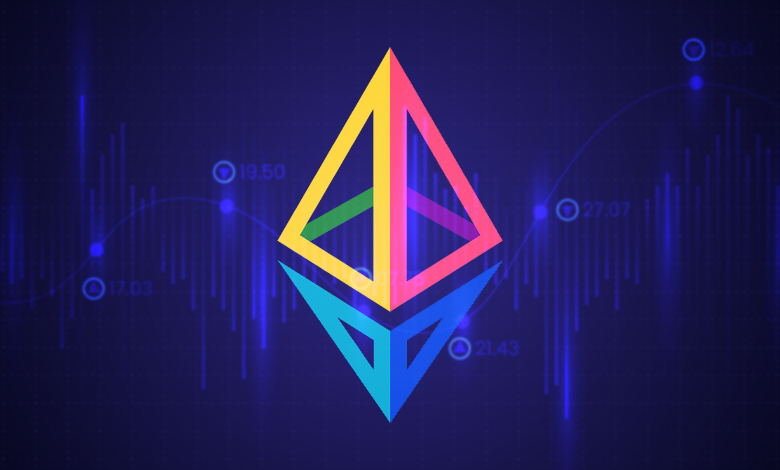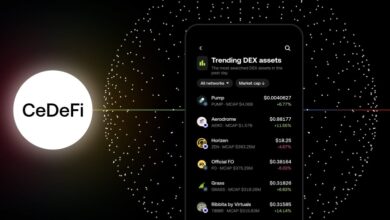Faster Than Ever? Ethereum’s Bold Bet on 6-Second Blocks Is Here

Ethereum core developer Barnabé Monnot has unveiled a new proposal that could significantly accelerate the network’s performance by halving its current block time. The change, aimed for the upcoming “Glamsterdam” upgrade in 2026, would reduce Ethereum’s slot time from 12 seconds to six, effectively doubling the number of blocks produced.
The proposal, formally introduced as Ethereum Improvement Proposal (EIP) 7782, was discussed on June 21 and outlines a series of technical modifications designed to make the network more responsive and efficient.
Why Faster Slots Matter
Shorter slot times would enable quicker transaction confirmations and more frequent data updates across the Ethereum ecosystem. That means a smoother experience for users interacting with wallets, decentralized applications (DApps), and layer-2 networks. According to Monnot, the move could increase Ethereum’s “service price”, a term describing the value it delivers as a transaction settlement layer.
“If the network confirms faster and more reliably, it becomes more valuable,” Monnot noted, emphasizing the broader economic potential.
Impact on DeFi and Trading
A faster Ethereum would be particularly advantageous for the decentralized finance (DeFi) sector. More frequent block production would improve price accuracy on decentralized exchanges, reduce arbitrage risks, and enhance liquidity. In turn, that could lead to tighter spreads and lower trading fees, a win for both users and market makers.
“More liquidity leads to lower costs for traders and strengthens Ethereum’s network effects,” Monnot explained.
Potential Challenges
While the benefits are clear, the transition isn’t without risks. Compressing block production timelines could put pressure on validators, especially those with limited bandwidth or slower connectivity. More frequent consensus messages might increase network congestion, particularly during peak periods. Developers would also need to thoroughly test for unintended impacts on smart contracts and broader system stability.
Technical Changes Under the Hood
To reach the six-second goal, EIP-7782 proposes trimming time allocations across three key areas:
- Block proposal time: from 4 to 3 seconds
- Attestation time: from 4 to 1.5 seconds
- Aggregation time: from 4 to 1.5 seconds
These changes would reduce the total slot duration by half, from 12 seconds to 6.
Monnot acknowledged the added strain this would place on network participants, stating, “Shortening the subslots means there is less time to perform each duty.”
What’s Next?
The Glamsterdam upgrade, still in its early planning phase, focuses on boosting Ethereum’s scalability and cost-efficiency. If EIP-7782 moves forward, it could mark one of the most significant changes to the protocol’s core operations since the Merge.
Monnot remains optimistic: “A twofold reduction in slot time would be a remarkable step forward, one that Ethereum should seriously consider for its future.”





